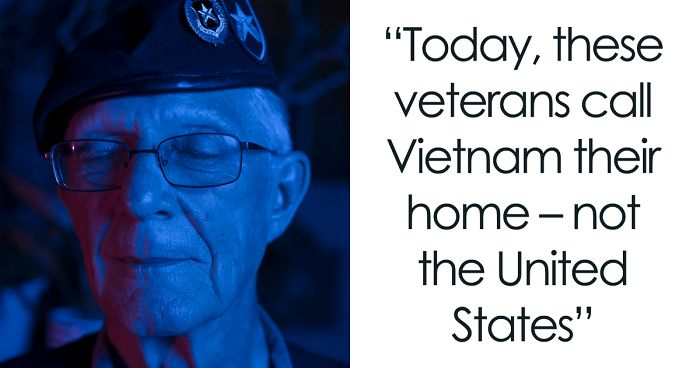
I Capture American Veterans That Moved Back To Vietnam To Find Ways To Deal With Their PTSD
On July 21, 1954, Vietnam was divided into two sections, the communist North and the capitalist South. The United States responded by sending more and more of its sons to Vietnam, into a war, in which success was measured by the fallen, the body count of the North Vietnamese Army. The youth followed with the illusion to save South Vietnam from becoming enslaved by the communist North.
After years of killing, the patriotism of the early years dwindled, giving way to anti-war protests, when the uprising of new media and technology made the images and stories of human rights violations accessible to the public. On April 30, 1975, the communist North conquered Saigon, the capital of the capitalist South. When Saigon fell, the United States declared the war officially over. The once-celebrated American soldiers, having come of age in a war zone, returned home and carried the nightmares of the battlefield with them. Upon their return, those who served in Vietnam were portrayed as baby killers, psychos, drug addicts and warmongers for many years after.
Forty years later, these young adults are old men. With advancing age, they increasingly forget the details of their lives, but never those of their time in Vietnam. Guilt and powerlessness are some of the feelings which are still vivid as if not a day had passed. The downward spiral of self-destruction has become a silent killer: according to a study by the Office of Mental Health and Suicide Prevention, the number of US veterans who fought in the Vietnam War and committed suicide is higher than the number of fallen American soldiers during the Vietnam war itself.
The mental illness that afflicts many veterans is labeled post-traumatic stress disorder (PTSD). It manifests itself as a form of sleep disturbance, irritability, the difficulty of concentration and increased alertness. Sometimes they can no longer remember important aspects of the traumatic experience. In the daytime, PTSD triggers flashbacks and anxiety attacks, in the nighttime, the trauma comes back in dreams.
For some Veterans, the solution for dealing with the past became returning or moving permanently to Vietnam. Only by being exposed daily to the place where all the suffering had started, could they deal with their trauma and attempt to overcome it. Today, these veterans call Vietnam their home – not the United States.
More info: rebeccaruetten.com
David Clark
David Clark (69) was stationed as a Marine near the Marble Mountains for a year. Since 2010 he has been living in Vietnam.
In 1968, David Clark never expected that years later he would share his life with a Vietnamese woman. He and his wife Huong, now Ushi Clark (57), have been married for three and a half years. Together they live in a House in Da Nang.
The Center for Victims of the Agent Orange nerve gas in Da Nang (DAVA) looks after people suffering from the aftermath of the Vietnam war. David regularly visits the center with his wife Ushi and befriended veterans for tango afternoons.
Seven years since David and Ushi helped organize motorcycle trips through Vietnam on behalf of the organization Veterans for Peace. After each tour, the members donate to war-relief projects of their choice. On the yearly tour, David states he witnessed grown-up anti-war and pro-war people coming together to cry. His own motorbike is a Chinese replica of a Harley Davidson.
Matthew Keenan (68) is a friend of David, who also fought in Vietnam. He regularly travels from New York to Da Nang to visit the DAVA Center and publicizes the daily lives of Agent Orange victims on his Facebook page. Phuong Nguyen (39), a second-generation victim of Agent Orange who works full-time in the DAVA Center, sits in front of him on the motorbike, while David helps to get ready for a ride. Supporting each other in moving on from the past has become the most important thing for the men.
Bill Harris
Bill Harris (70) was a security police officer in Cam Ranh for two years. Since 1996 he has been living in Vietnam.
When Bill Harris was drafted from Vietnam he left his Vietnamese girlfriend and daughter behind. 20 years later he returned to find out what happened to his family. With a fixer, Bill managed to find them and helped his daughter open a motorcycle shop. In return, his family forgave him and his daughter built him a house. Bill regrets his actions from war times and that he left his family behind. He cannot turn back time, but sometimes he manages to forget the past for a moment. “Sometimes you have to stop and smell the flowers,” Bill said when he interrupted our interview to smell a flower.
A place of comfort for Bill is the flourishing black market at the Dan Sinh Market in Ho Chi Minh City. “It makes me feel like a kid in a candy store,” Bill explains during our visit. Despite terrible memories of the war and his own guilt, the old war relics give him a familiar feeling.
When Bill does not live with his Vietnamese family in Cam Ranh or at Hotel California in Ho Chi Minh City, he travels on his scooter to the places where Americans were stationed as young men during the war. For years, he has been riding his motorbike through Vietnam, filming places from the past for his Veteran mates back at home in the United States with a camera installed in his helmet. “Vietnam: Through the eyes of my brothers and sisters” is the name of the Facebook group with more than 600 members to which he uploads the endless stream of photos and videos of today’s Vietnam. The restlessness keeps Bill in the present.
Chuck Searcy
Chuck Searcy (73) served for one year as an intelligence analyst at the Combined Intelligence Center Vietnam (CICV). Since 1999 he has been living in Vietnam.
In 1995, Chuck Searcy was sent to Vietnam by the American Veterans organization Vietnam Veterans Memorial Foundation (VVMF). Together with American specialists and the Vietnamese doctors of the Vietnam National Children Hospital he developed a program providing artificial limbs to children with birth defects.
In 1995, Chuck Searcy was sent to Vietnam by the American Veterans organization Vietnam Veterans Memorial Foundation (VVMF). Together with American specialists and the Vietnamese doctors of the Vietnam National Children Hospital he developed a program providing artificial limbs to children with birth defects.
The total number of people injured or killed in Vietnam since the end of the war is unknown, but more than 20,000 children have received support from the program.
Nguyen Ngoc Hung
Nguyen Ngoc Hung (70) fought as a North Vietnamese soldier for six years and was one of the first North Vietnamese to visit the United States in 1999.
Today, Ho-Chi-Minh City, like much of the country, is developing at a rapid pace.
Only a few memorial sites like the Tunnels of Cu Chi Tunnels serve as reminders of the war.
The Vietnamese community has found a way to support each other when there is very little official support available. This DIY wheelchair is made out of a plastic chair. On a highway near Ho-Chi-Minh, I came across a replica of the Statue of Liberty. Even if America had lost the war, American pop culture won.
On a highway near Ho-Chi-Minh, I came across a replica of the Statue of Liberty. Even if America had lost the war, American pop culture won.
Many Cafés in Hanoi look like straight from a Tumblr blog, the illuminated sign with the saying “great times are coming”, indicates how especially the younger generation of Vietnamese wants to move on from the past.
Aged military relics show how much time has passed since the end of the war
20Kviews
Share on FacebookThis is an interesting article. For those who want to explore the topic more, an interesting book is also Axes of War by Wu Ming. It's an Italian semi-fiction novel, written by a group of authors who publish their books under different names. Huge part of the book is based on the interview with Vitaliano Ravagli, an Italian veteran who fought in Vietnam by the communist side. Don't worry, the book is no propaganda, it's an insight into the topic from a different perspective. It's more about the experiences and actual recorded history, and less about politics.
I went to Vietnam in 2015 and posted a lot of pics going into the Mekong Delta. My vet friends were amazed at the happy fun pics. They commented it was a very different Mekong Delta than what they encountered. I was stunned and humbled by that perspective
Agent Orange is a herbicide and defoliant chemical. Up to four million people in Vietnam were exposed to the defoliant. The Red Cross of Vietnam estimates that up to 1 million people are disabled or have health problems as a result of Agent Orange contamination. During the Vietnam War, between 1962 and 1971, the United States military sprayed nearly 20,000,000 U.S. gallons (76,000 m3) of various chemicals – the "rainbow herbicides" and defoliants. Napalm burns at the same temperature as gasoline, and for a greater duration, as well as being more easily dispersed and sticking tenaciously to its targets; these traits make it extremely effective (and controversial) in the anti-structure and antipersonnel role. Napalm became an intrinsic element of U.S. military action during the Vietnam War as forces made increasing use of it for its tactical and psychological effects. Reportedly about 388,000 tons of U.S. napalm bombs were dropped in the region between 1963 and 1973. (Wiki)
What satanic irony that the USA, after fighting so many wars "defending democracy" and "defending freedom in the US' in so many foreign countries, killing and maiming so many hundreds of thousands of people, it is actually many millions, mainly civilians; men, women, and children - that very same country is now ruled by a president cum would-be tyrant who is in cahoots with the Russian president. It almost beggars belief!
Load More Replies...My wife Ushi lived on a street in Hue named 'Pham Ngu Loa'; I ask her one day what the name meant? She told me it was the name of a General and that is all she knew. 'Pham Ngu Loa' was a General in the late 13th Century that fought against Genghis Khan; a time when Genghis Khan and the Mongol Empire had spread over Eurasia including Eastern Europe, Anatolia, North China, Mongolia, Manchuria, Central Asia, Tibet and Southwest Asia. Genghis Khan invaded Viet Nam 3 times, the third time he came himself... Genghis Khan never defeated Viet Nam... Guess what other country Genghis Khan never defeated??? Afghanistan!!!
This really shows the long-term effect of war on people. That so many years later these veterans found solace going back to the scene of their trauma, even if their time there was only one year or so. And how being around others who suffered there (even though they were the “enemy”) helps them find peace. It’s a reaffirmation of these men’s humanity after they were made to perform such inhumane acts.
So much of the "history" of the Vietnam police action in this post, and the role of the United States in it, are so, so wrong. I am an actual American and the war wasn't unpopular here in the US because we had a bunch of soldiers over there "committing atrocities" and the American people knew it. First, the Vietnam "war" was never a war - it was a "police action" because the US never officially declared war. Second, we weren't committing "atrocities" like others thought we were. The press was telling our citizens we were. Much like now, the press back then were far more into propaganda than truth. The North Vietnamese didn't necessarily wear uniforms, and they were hiding in plain sight in the south, wearing every day clothing. If a North Vietnamese soldier or sympathizer was found in the South, they might have been punished and/or imprisoned. The press, not understanding what was going on, but thought they did, would report civilians were being arrested.
We are fiercely agressive toward enemies (who drop bombs and Orange Agent on our land, killing more than 2 millions Vietnamese people), and generous and friendly toward friends (who may be enemies in the past but decide to move on and befriend with us). Nancy, what is your choice, then?
Load More Replies...This is an interesting article. For those who want to explore the topic more, an interesting book is also Axes of War by Wu Ming. It's an Italian semi-fiction novel, written by a group of authors who publish their books under different names. Huge part of the book is based on the interview with Vitaliano Ravagli, an Italian veteran who fought in Vietnam by the communist side. Don't worry, the book is no propaganda, it's an insight into the topic from a different perspective. It's more about the experiences and actual recorded history, and less about politics.
I went to Vietnam in 2015 and posted a lot of pics going into the Mekong Delta. My vet friends were amazed at the happy fun pics. They commented it was a very different Mekong Delta than what they encountered. I was stunned and humbled by that perspective
Agent Orange is a herbicide and defoliant chemical. Up to four million people in Vietnam were exposed to the defoliant. The Red Cross of Vietnam estimates that up to 1 million people are disabled or have health problems as a result of Agent Orange contamination. During the Vietnam War, between 1962 and 1971, the United States military sprayed nearly 20,000,000 U.S. gallons (76,000 m3) of various chemicals – the "rainbow herbicides" and defoliants. Napalm burns at the same temperature as gasoline, and for a greater duration, as well as being more easily dispersed and sticking tenaciously to its targets; these traits make it extremely effective (and controversial) in the anti-structure and antipersonnel role. Napalm became an intrinsic element of U.S. military action during the Vietnam War as forces made increasing use of it for its tactical and psychological effects. Reportedly about 388,000 tons of U.S. napalm bombs were dropped in the region between 1963 and 1973. (Wiki)
What satanic irony that the USA, after fighting so many wars "defending democracy" and "defending freedom in the US' in so many foreign countries, killing and maiming so many hundreds of thousands of people, it is actually many millions, mainly civilians; men, women, and children - that very same country is now ruled by a president cum would-be tyrant who is in cahoots with the Russian president. It almost beggars belief!
Load More Replies...My wife Ushi lived on a street in Hue named 'Pham Ngu Loa'; I ask her one day what the name meant? She told me it was the name of a General and that is all she knew. 'Pham Ngu Loa' was a General in the late 13th Century that fought against Genghis Khan; a time when Genghis Khan and the Mongol Empire had spread over Eurasia including Eastern Europe, Anatolia, North China, Mongolia, Manchuria, Central Asia, Tibet and Southwest Asia. Genghis Khan invaded Viet Nam 3 times, the third time he came himself... Genghis Khan never defeated Viet Nam... Guess what other country Genghis Khan never defeated??? Afghanistan!!!
This really shows the long-term effect of war on people. That so many years later these veterans found solace going back to the scene of their trauma, even if their time there was only one year or so. And how being around others who suffered there (even though they were the “enemy”) helps them find peace. It’s a reaffirmation of these men’s humanity after they were made to perform such inhumane acts.
So much of the "history" of the Vietnam police action in this post, and the role of the United States in it, are so, so wrong. I am an actual American and the war wasn't unpopular here in the US because we had a bunch of soldiers over there "committing atrocities" and the American people knew it. First, the Vietnam "war" was never a war - it was a "police action" because the US never officially declared war. Second, we weren't committing "atrocities" like others thought we were. The press was telling our citizens we were. Much like now, the press back then were far more into propaganda than truth. The North Vietnamese didn't necessarily wear uniforms, and they were hiding in plain sight in the south, wearing every day clothing. If a North Vietnamese soldier or sympathizer was found in the South, they might have been punished and/or imprisoned. The press, not understanding what was going on, but thought they did, would report civilians were being arrested.
We are fiercely agressive toward enemies (who drop bombs and Orange Agent on our land, killing more than 2 millions Vietnamese people), and generous and friendly toward friends (who may be enemies in the past but decide to move on and befriend with us). Nancy, what is your choice, then?
Load More Replies...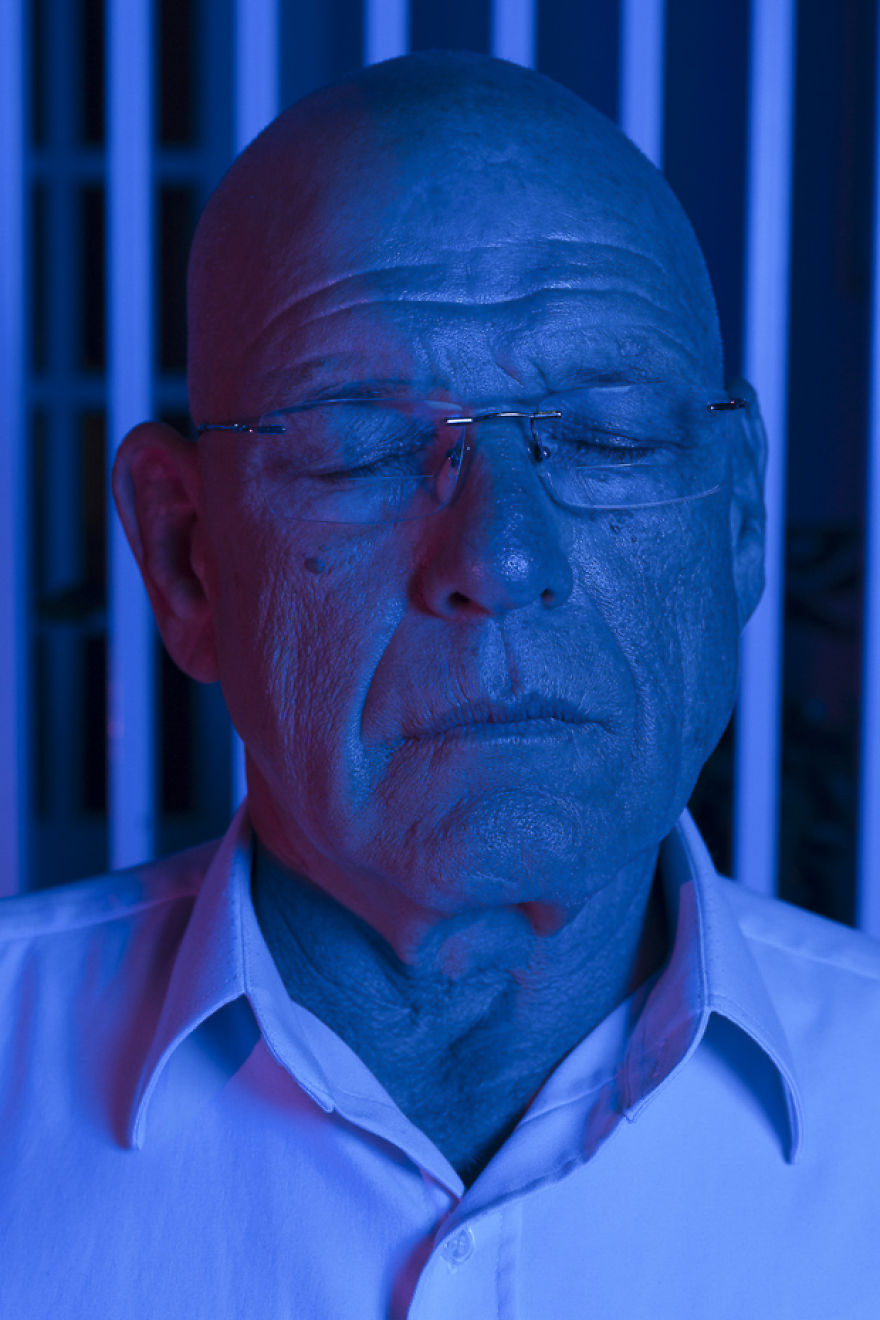
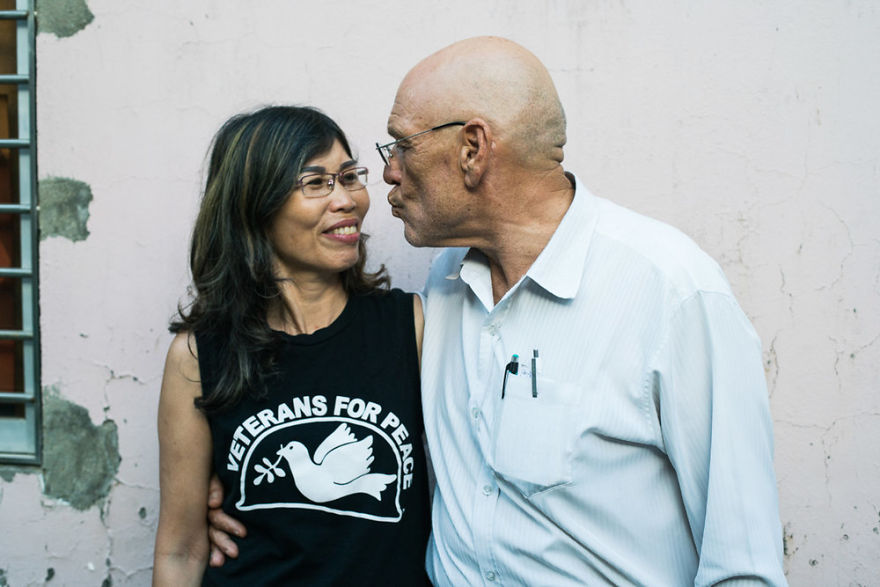
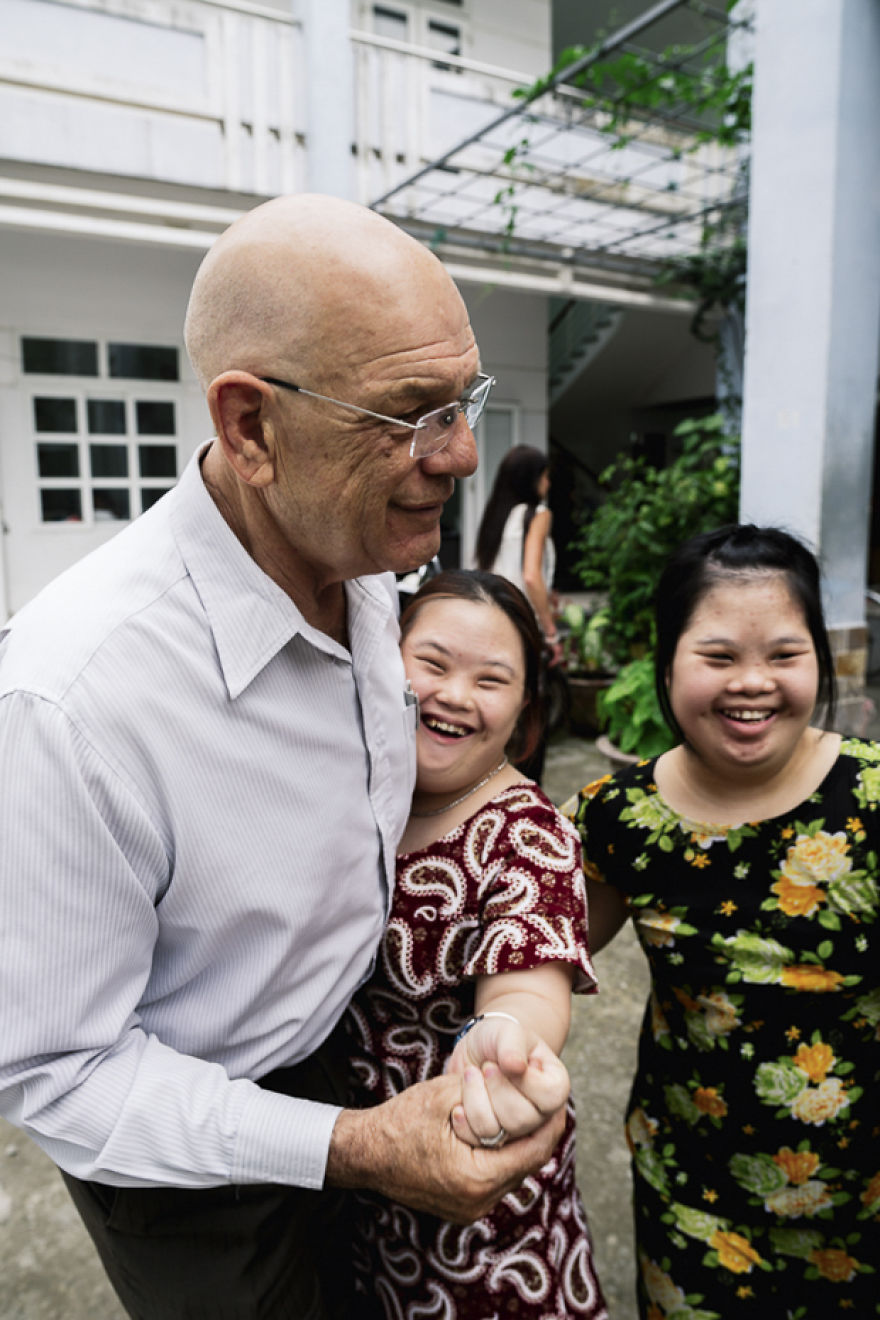
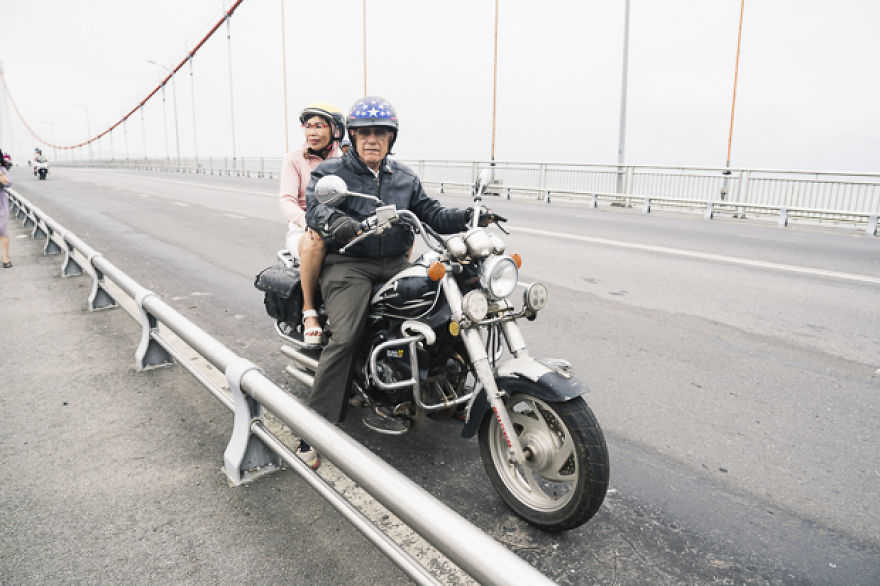
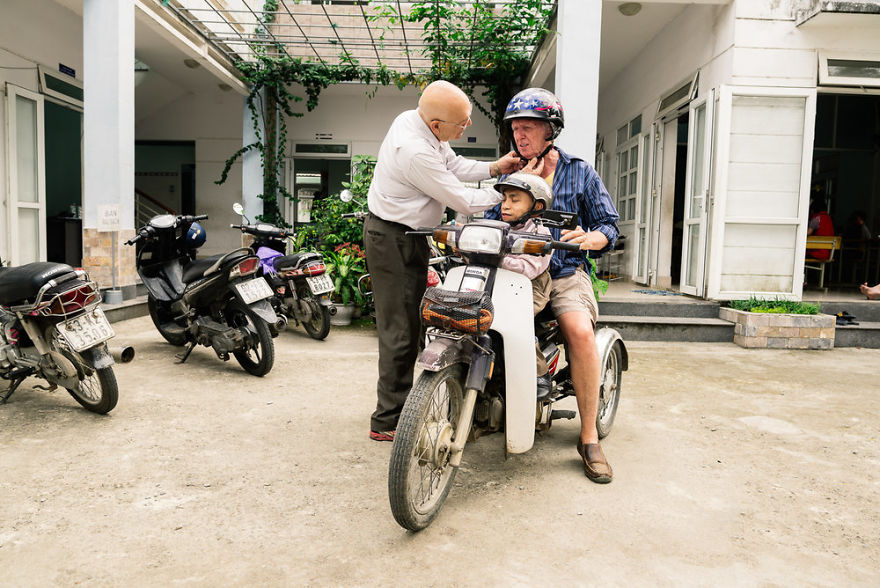
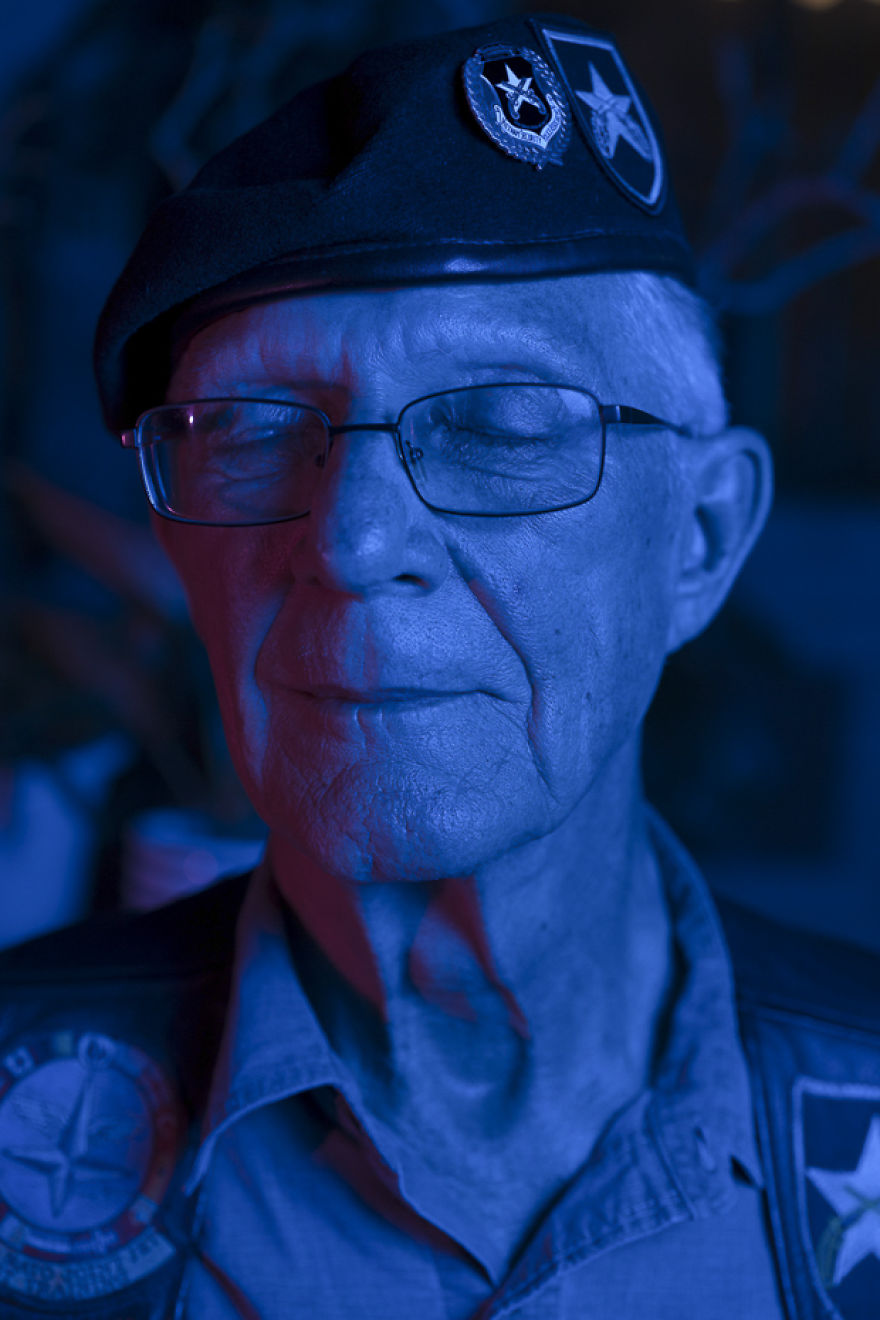
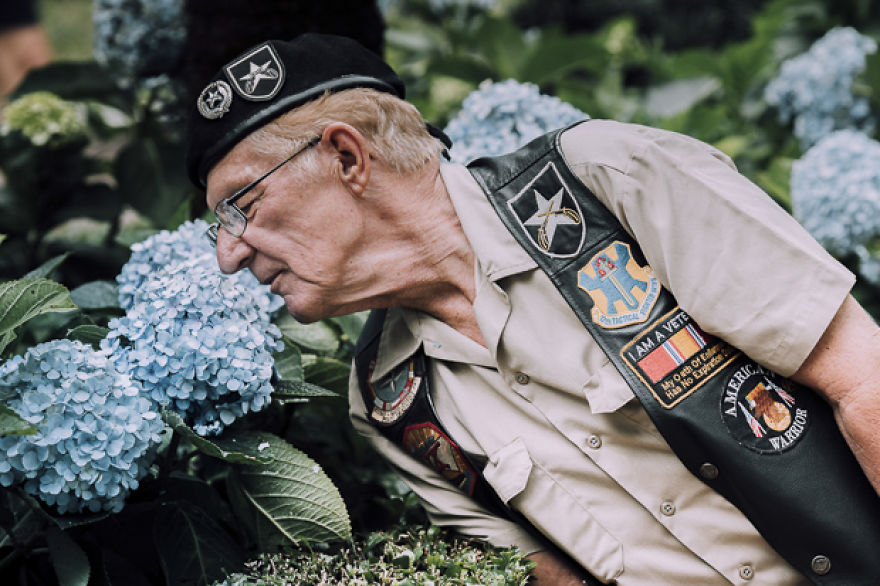
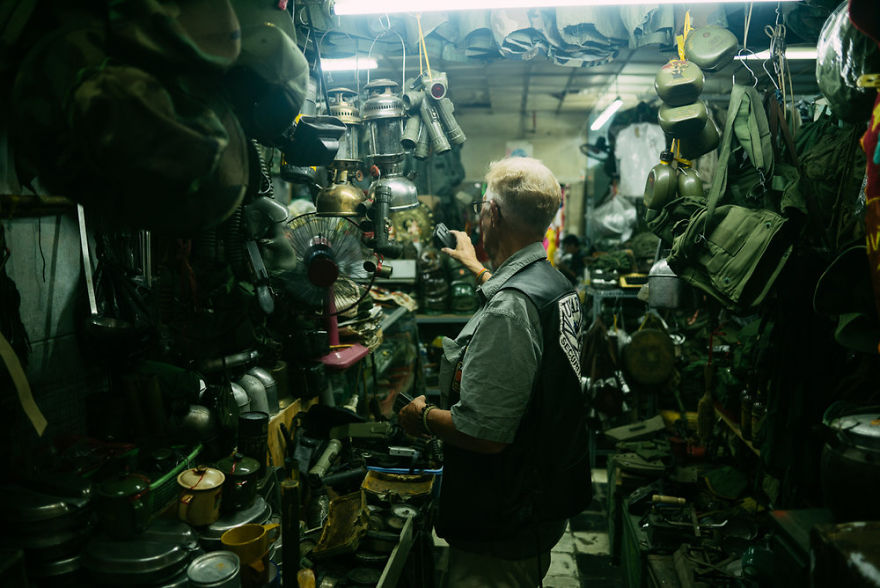



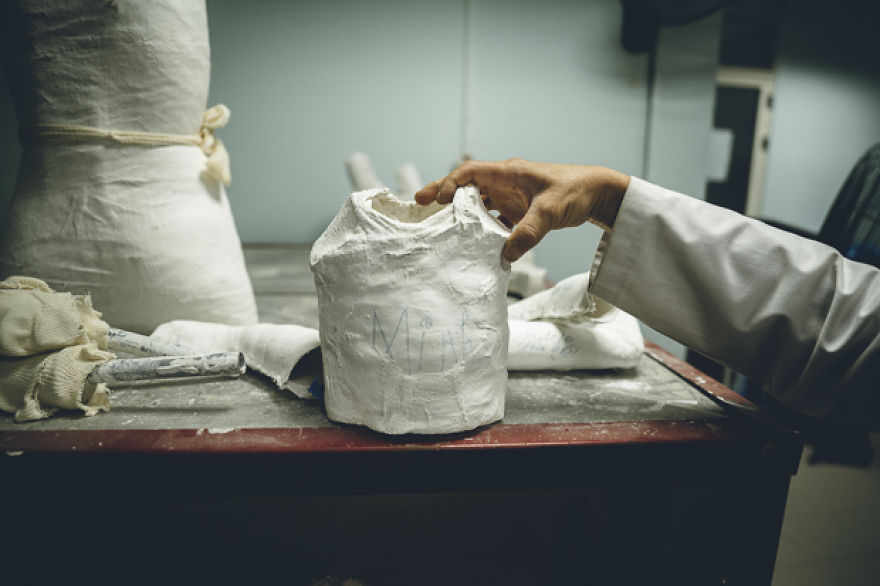

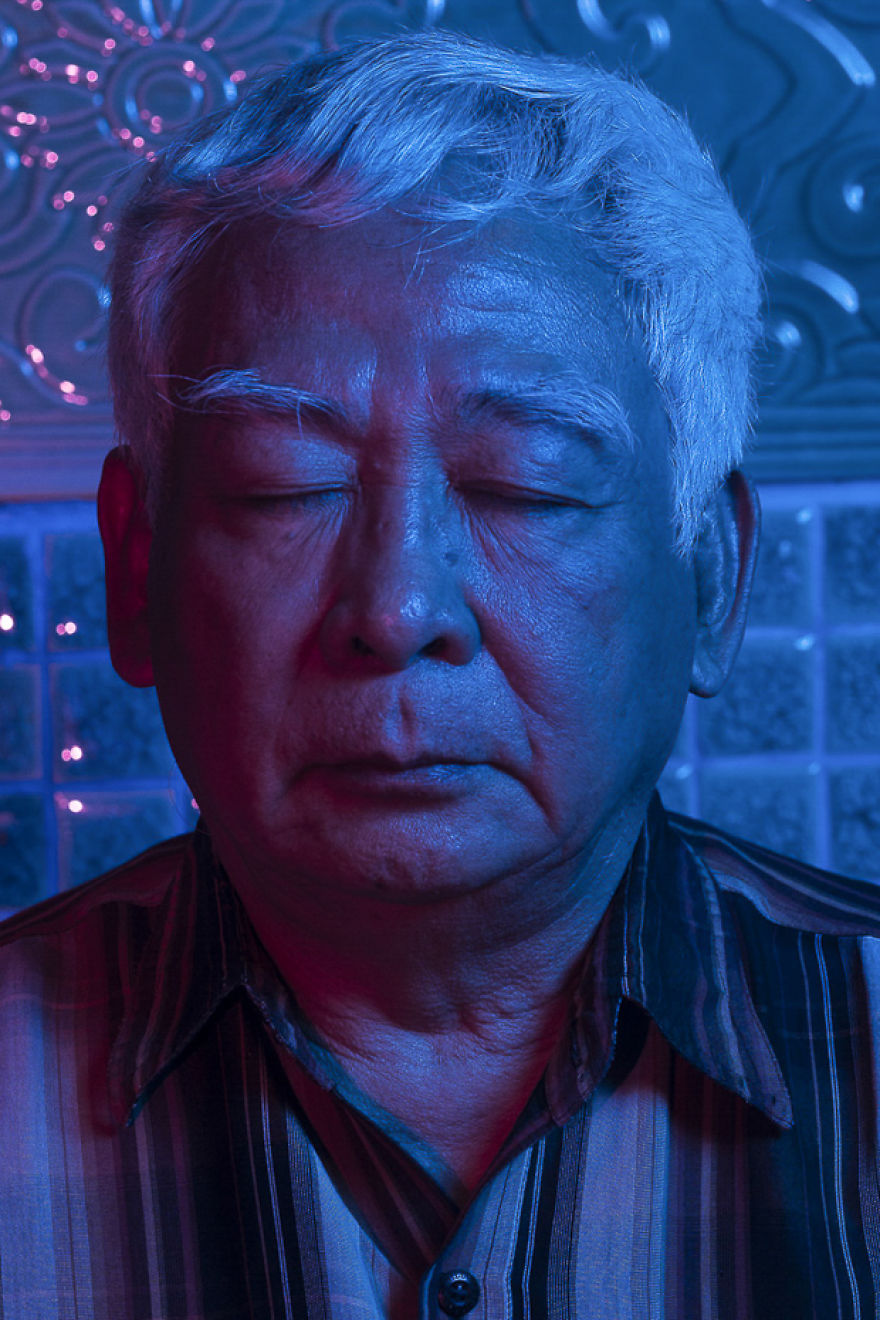

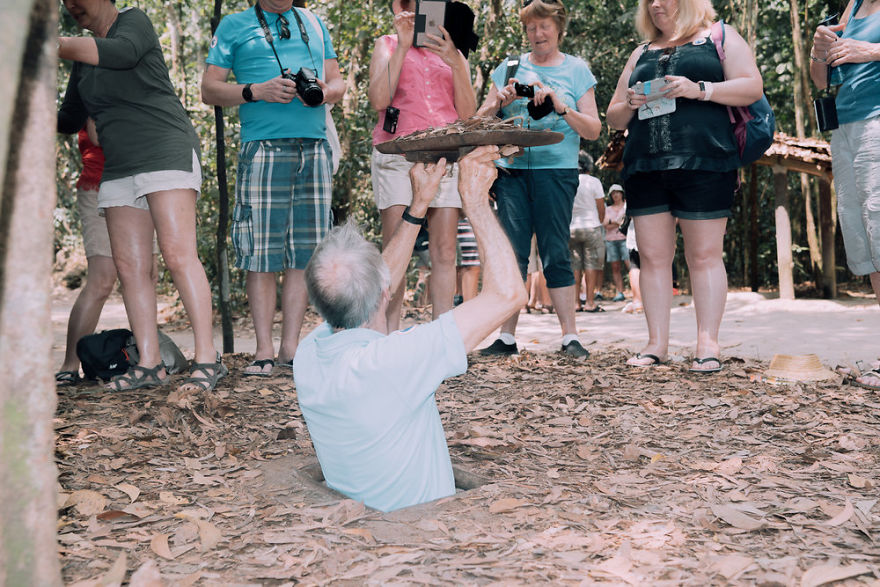
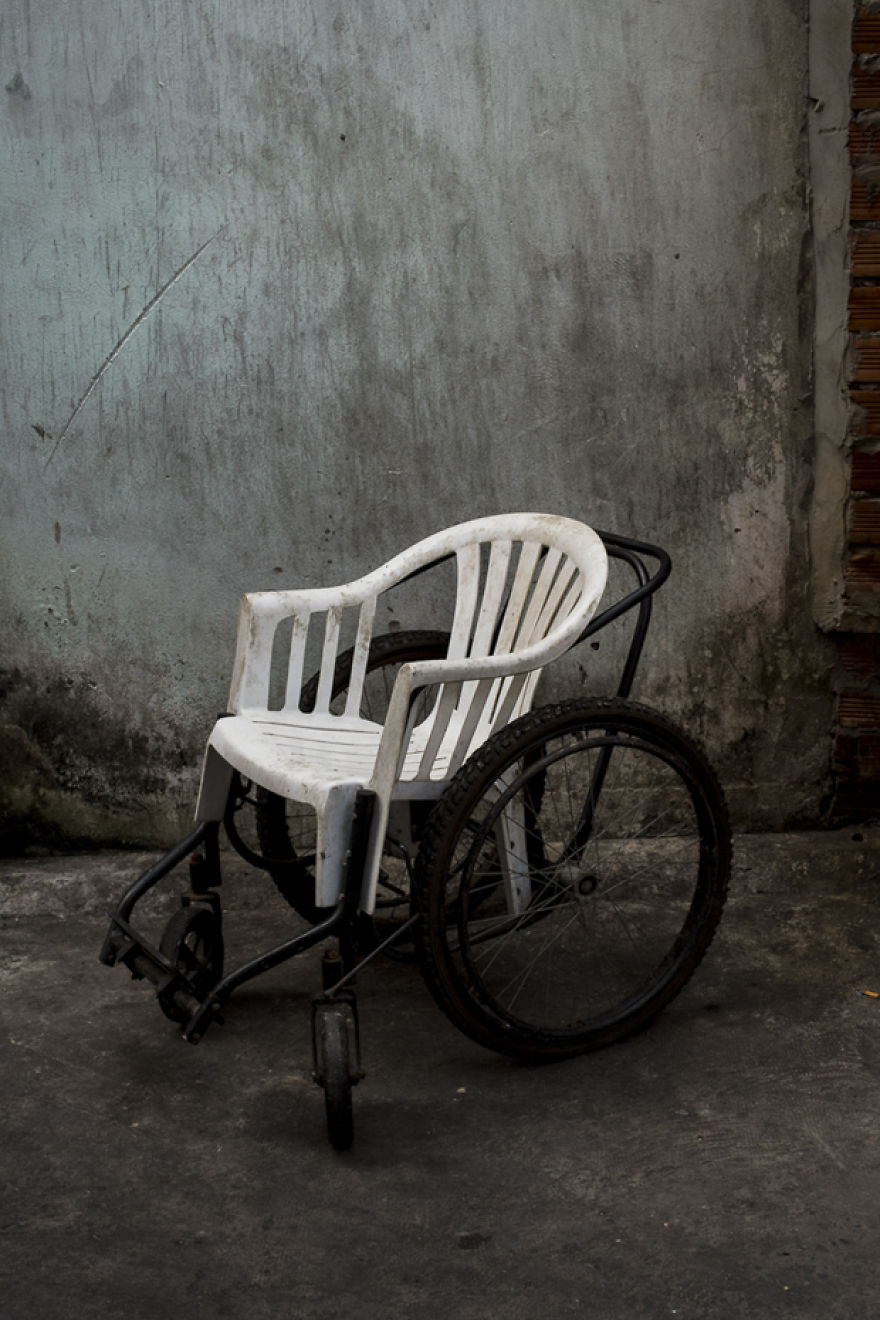
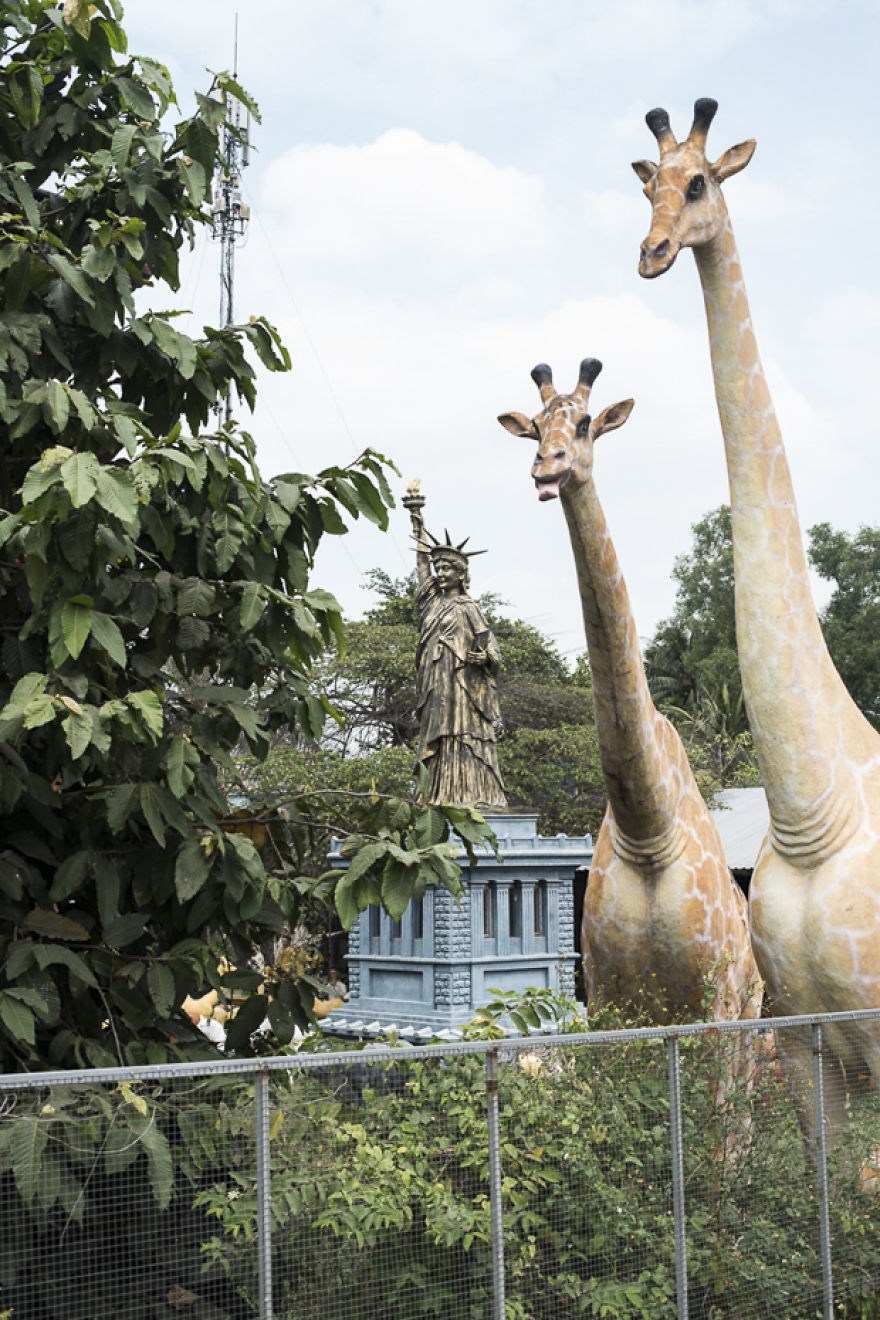

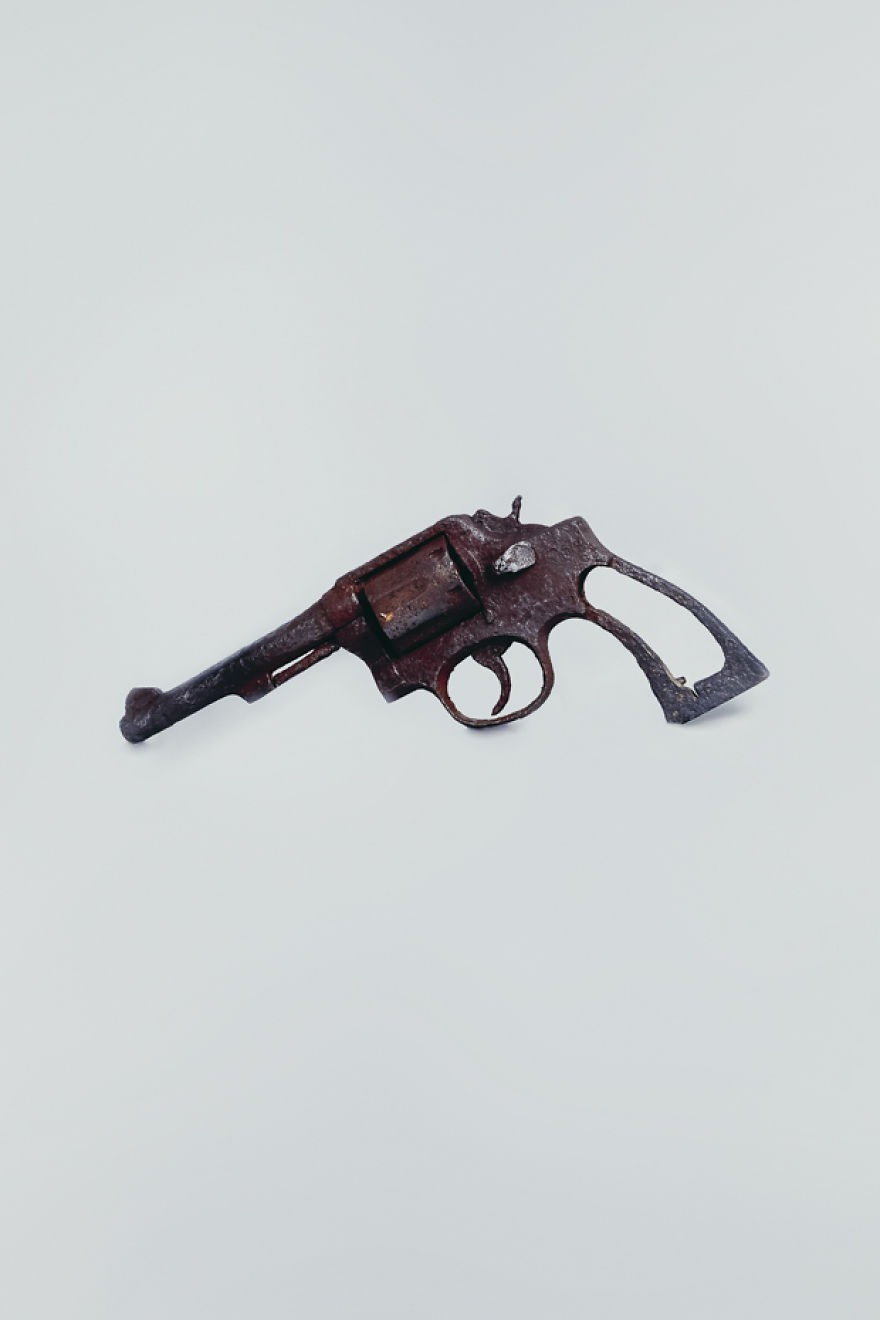
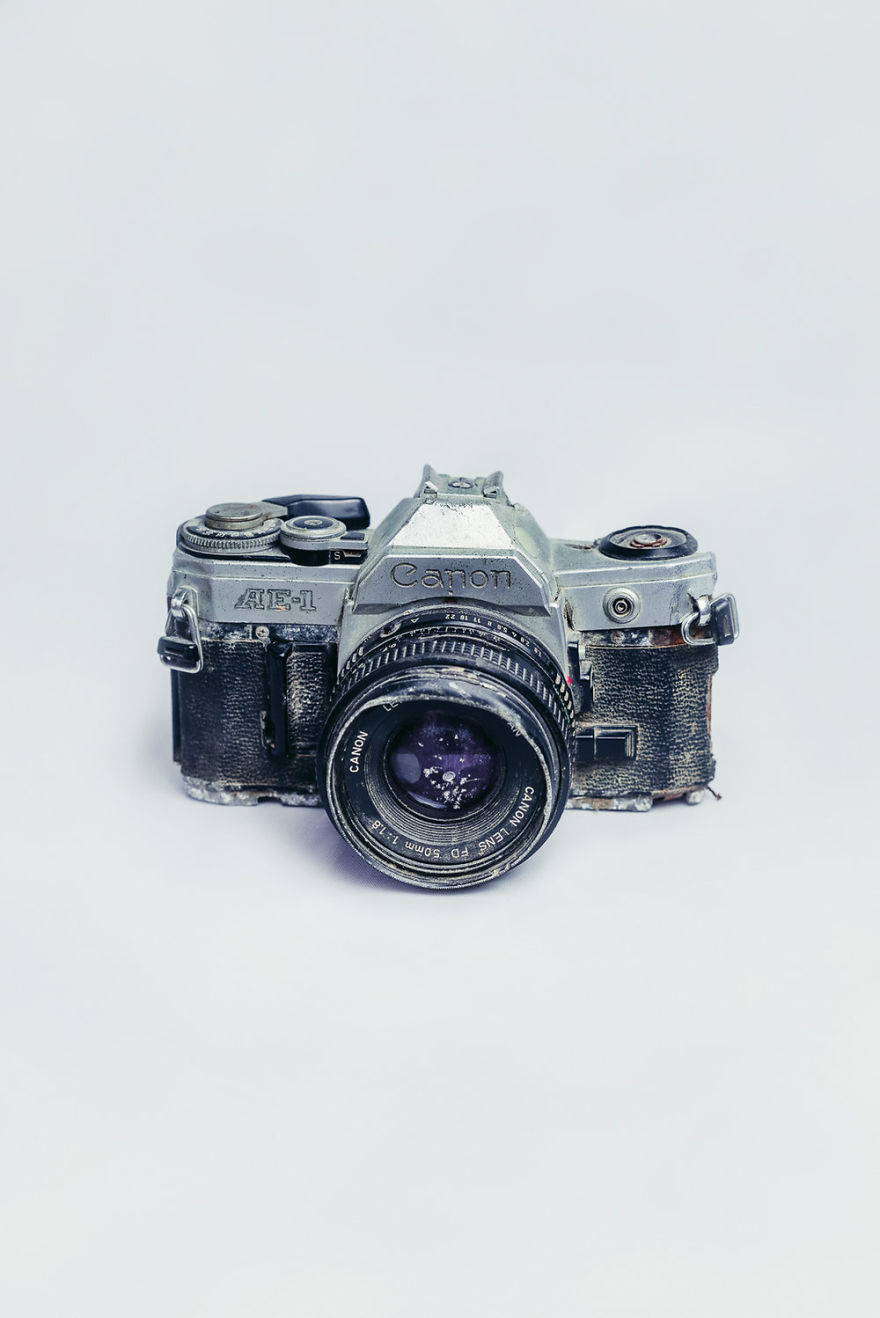
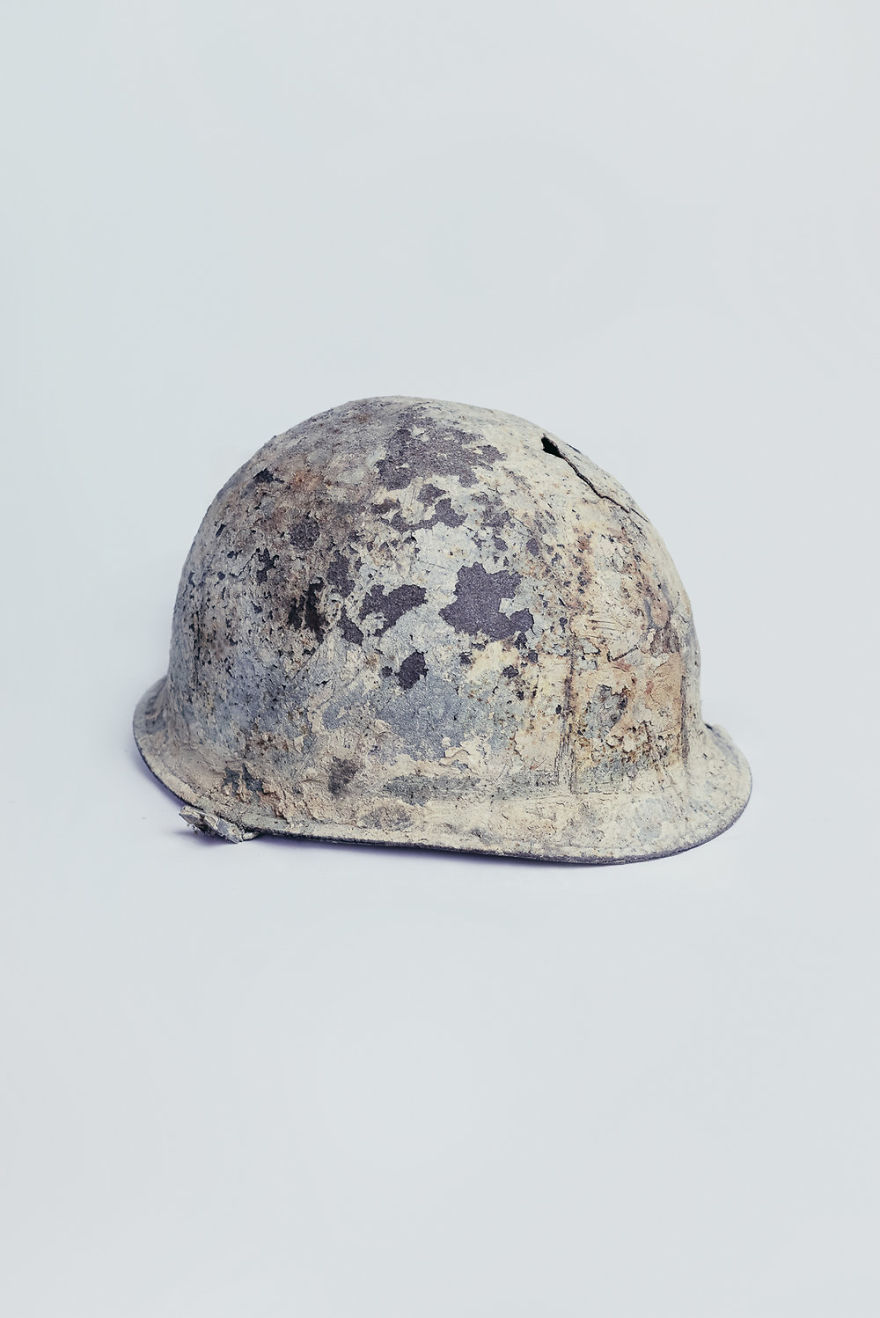
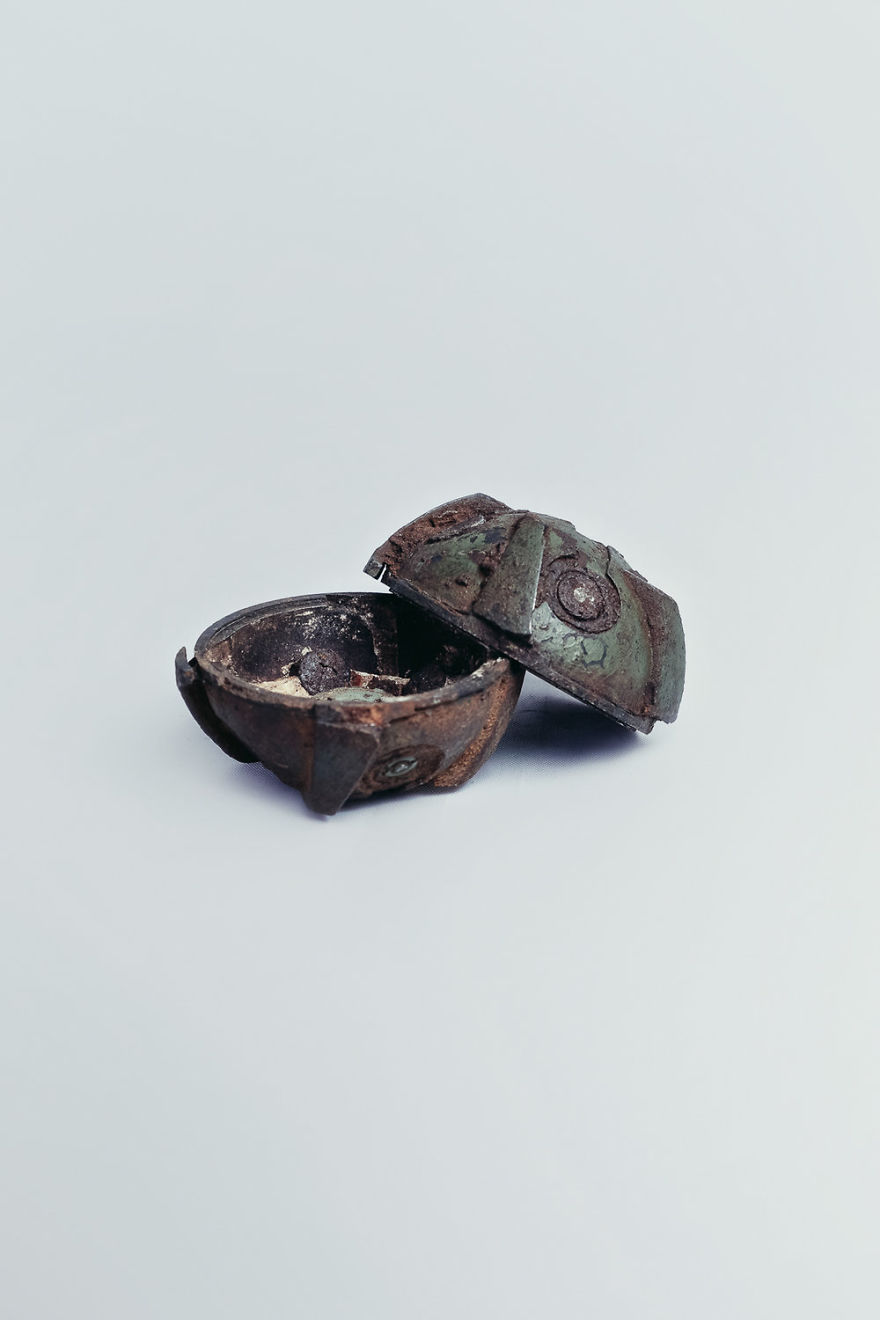
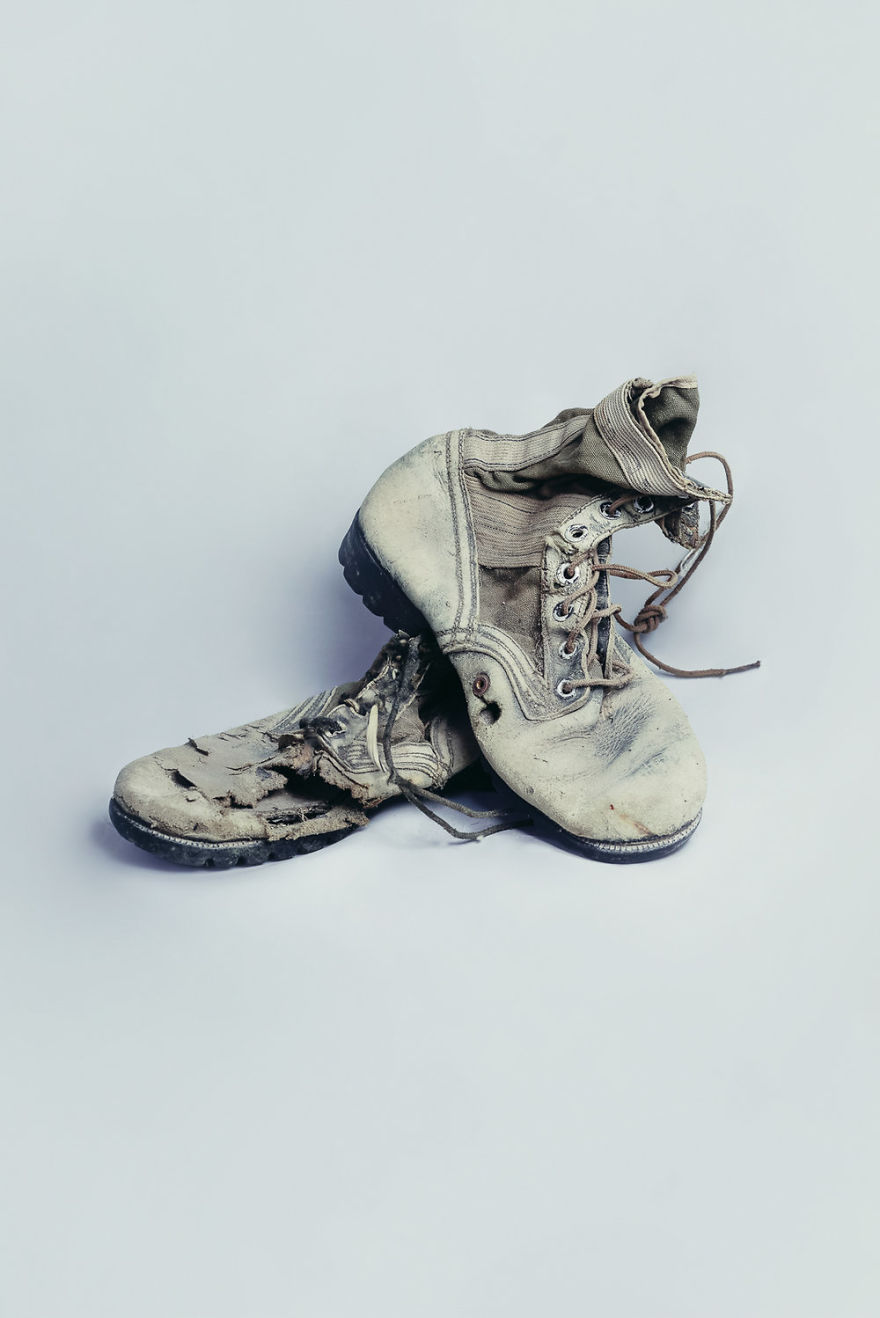




78
18